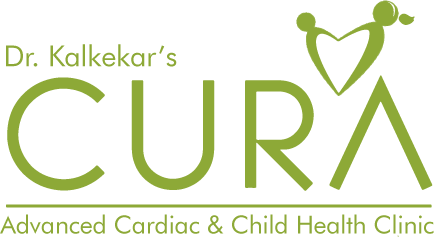Understanding Heart Disease: Symptoms and Prevention
Understanding Heart Disease: Symptoms and Prevention
Heart disease might not always be the easiest topic to talk about, but it’s important to understand it, especially since it’s a leading cause of health issues worldwide. Whether you’re looking out for yourself or a loved one, knowing the signs of heart disease and how to prevent it can make all the difference in maintaining heart health.
What Leads to Heart Disease?
Heart disease develops when the arteries that supply blood to the heart become narrowed or blocked. This happens over time due to plaque buildup—fatty deposits that clog the arteries. But heart disease isn’t just about clogged arteries. It can also involve problems with heart rhythms, valve issues, or even heart muscle damage.
Several factors contribute to heart disease. High blood pressure, high cholesterol, and smoking are some of the most common reasons. Other risk factors include overweight, a problematic lifestyle, and even a family history of heart problems. While some factors are beyond your control, like genetics, many are linked to lifestyle choices.
Recognizing the Symptoms of Heart Disease
The tricky thing about heart disease is that its symptoms can vary from person to person, and sometimes, they may not show up until a significant instance, such as a heart attack. That’s why it’s important to be aware of the warning signs, even the subtle ones.
Chest pain is one of the most common signs of heart disease, especially when it feels like pressure or squeezing. But heart disease doesn’t always express itself through obvious chest pain. You might notice shortness of breath, fatigue, or even pain in other areas like your arms, neck, or back.
Other symptoms to watch out for include irregular heartbeats, dizziness, or nausea. If you notice any of these signs, it’s essential to seek medical attention immediately. Early detection can play an important role in preventing more serious complications.
Prevention: Steps You Can Take for a Healthier Heart
While heart disease is a serious condition, the good news is that many of its risk factors can be managed or prevented with a few lifestyle changes. Let’s talk about some steps you can take to keep your heart healthy.
1. Eat Heart-Healthy Foods
A balanced diet is one of the best ways to keep your heart in good shape. Focus on eating plenty of fruits, vegetables, whole grains, and lean proteins. Reducing your intake of processed foods, sugary drinks, and foods high in saturated fats can help lower your risk of developing heart disease. Opt for healthy fats found in nuts, seeds, avocados, and fish like salmon.
2. Stay Active
Physical activity is key to keeping your heart strong. You don’t need to hit the gym for hours every day—just 30 minutes of moderate exercise, like walking or cycling on a regular basis can make a big difference towards keeping your heart healthy. Regular exercise helps lower blood pressure, reduce cholesterol, and maintain a healthy weight, all of which contribute to a healthier heart.
3. Quit Smoking
Smoking is one of the biggest risk factors for heart disease. If you smoke, quitting is one of the best things you can do for your heart and your overall health. Even if you’ve been smoking for years, it’s never too late to quit. Over time, your risk of heart disease drops significantly after you stop smoking.
4. Manage Stress
We all know that stress is bad for our health, but it can be particularly harmful to your heart. Chronic stress can raise your blood pressure and lead to unhealthy coping behaviors like overeating or smoking. Finding ways to manage stress—whether it’s through relaxation techniques, meditation, or even spending time with loved ones—can help protect your heart.
5. Regular Health Check-Ups
It’s important to keep track of your heart health, even if you feel fine. Regular check-ups allow your doctor to monitor your blood pressure, cholesterol levels, and overall heart function.
So, whether it’s adding more vegetables to your diet, going for that evening walk, or making that long-overdue appointment with your doctor, taking action now means a healthier heart later on.
If you’re concerned about your heart and looking for heart treatment in Seawoods, schedule a consultation with our expert at Dr. Kalkekar’s CURA Advanced Cardiac and Child Health Center.
NOTE: The information in the blog is for educational purposes and should not be taken as medical advice. For personalized advice, please consult our experts.




